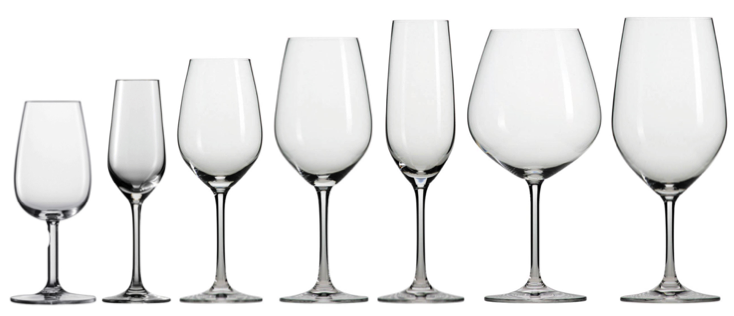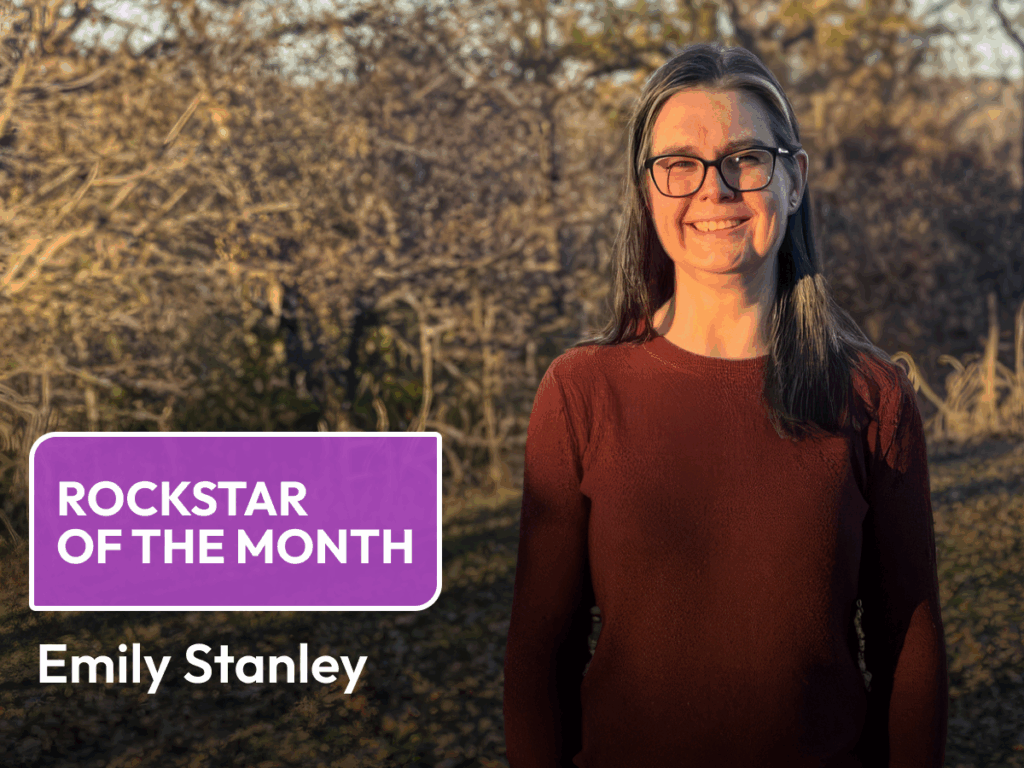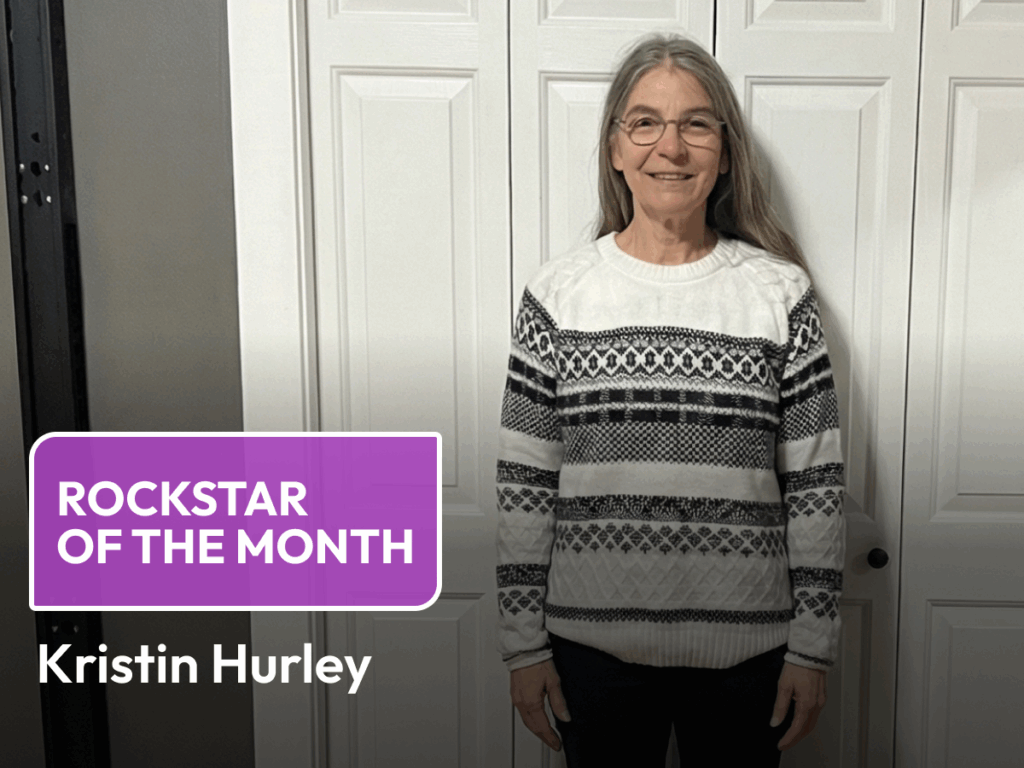If you can fit a small glass of wine into your calorie goal for the day, what harm can it do? The answer (like most nutrition questions) is it depends…but generally alcohol and weight loss don’t mix well.
Here’s why we strongly discourage drinking while on a weight loss program (and why it’s a “no go” on VLCD):
- Empty calories. Calories in beverages (alcoholic or not) don’t fill you up. When trying to limit calories in pursuit of weight loss, these are a smart place to start.
- Alcohol promotes central weight gain. Studies have shown that alcohol intake promotes visceral (think: around your organs, belly fat) weight gain.
- Alcohol makes you less inhibited around food. After that second glass of wine, those health intentions start to take a back seat.
- Your body burns alcohol as fuel first. This means that it’s not using body fat (or your last meal, which will go to fat storage) as fuel.
- Alcohol can affect sleep quality. Poor sleep itself can impede weight loss efforts through its effects on the hormone cortisol, but it can also indirectly get in the way of your efforts by reducing motivation to exercise the next day and making you more likely to reach for carbohydrates as “easy fuel” when your energy levels are low.
(This is by no means a comprehensive list!)
In practice, we’ve found that this translates into weight plateaus being a common phenomenon for patients who choose to imbibe while on a weight loss program, even for something that feels fairly innocuous, like a glass of wine. Ultimately, we can’t follow you around all day (although many patients wish we could!), but when it comes to the in-the-moment decision-making, it’s important to ask yourself whether it’s worth the potential frustrating stall in your weight loss efforts.
Here are some strategies to dodge the peer pressure to drink in social situations:
- Keep something in your hand. People are unlikely to give you a hard time if you’re holding a drink. We like sparkling water with lime or lemon.
- Manage expectations. Let friends and family know ahead of time that you’ve cut out alcohol while working to make lifestyle changes to improve your health.
- Pick and choose your social obligations. While we don’t like people to lock themselves inside while trying to lose weight, it is worthwhile to assess your social calendar and identify events that you’ll find it particularly challenging to forgo a drink. Consider taking a pass this time, or have a plan in place to avoid sticky situations (e.g., coming at the tail end of cocktail hour).
- Know that it’s them, not you. If you find people hassling you with pressure to drink, know that it is likely due to their own hang-ups around health and weight, rather than anything to do with your choices. It can be helpful to reframe peer pressure this way.
Finally, it’s important to acknowledge that people often enjoy drinking alcohol more for the “ritual” than for the drink itself. For example, if you enjoy a drink with your husband on the back porch on a summer evening, how can you replicate that experience without the alcohol? Perhaps you sip your favorite La Croix flavor over ice. You can still enjoy the company and conversation.
Cheers to your good health!



